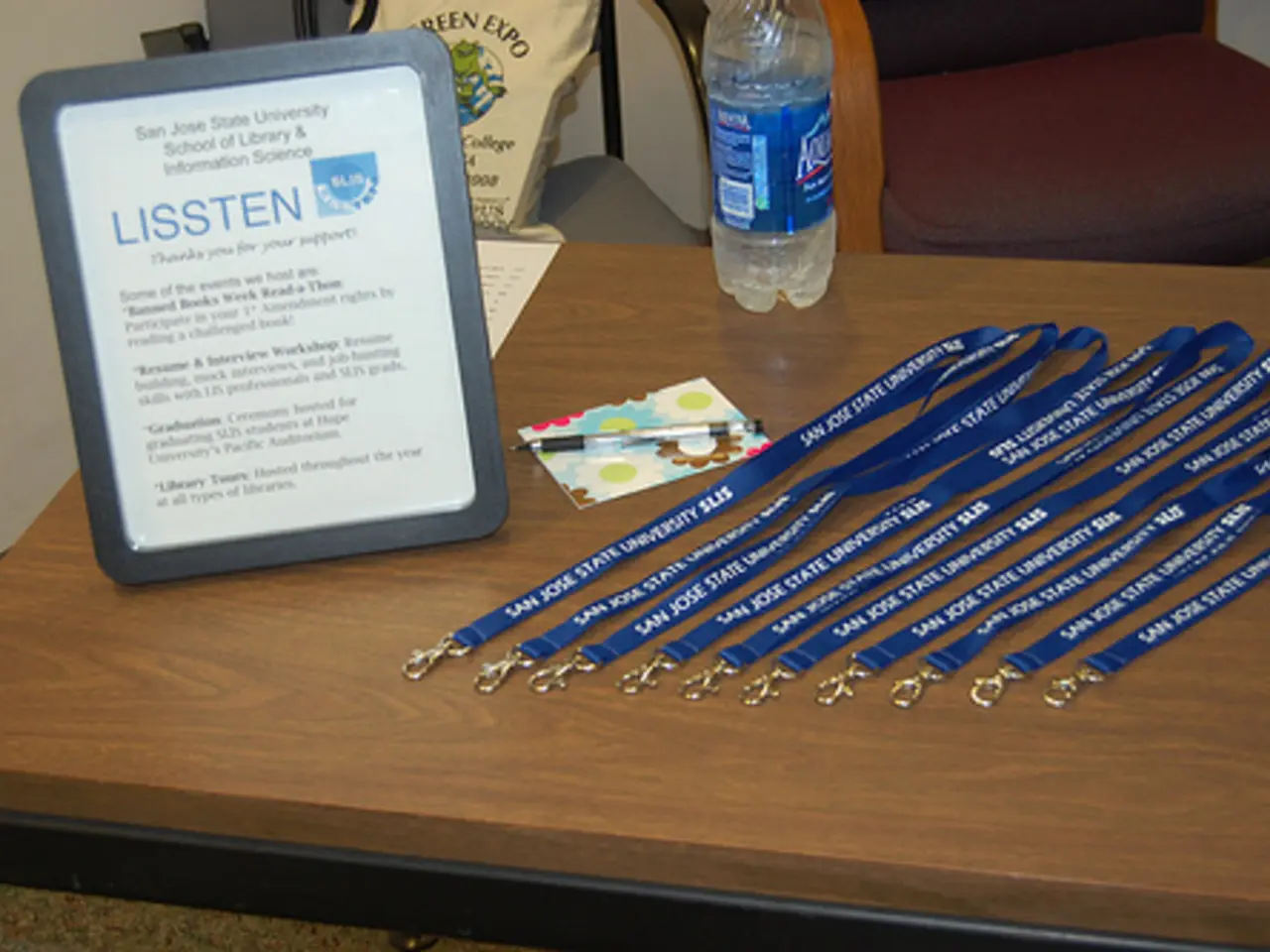Unnecessary Delays in Stroke Victims' Care Due to Current Guidelines
A recent study published in JAMA Surgery has challenged the previous guidelines set by the American Heart Association/American Stroke Association (AHA/ASA) regarding the appropriate time to perform surgery after a stroke. The study, led by Laurent Glance, M.D., at the University of Rochester Medical Center, suggests that current guidelines for surgical delay may be too conservative.
The research examined the health records of over 5.8 million people in the U.S. who underwent elective non-neurologic, non-cardiac surgery between January 2013 and November 2018. The study found that patients who underwent elective surgery within 30 days of a stroke were two and a half times more likely to die, and eight times more likely to suffer a perioperative stroke (one occurring within 30 days of surgery).
The incidence of perioperative stroke was rare in patients without a history of stroke, at 0.3%. However, for those who had undergone surgery within 30 days of a stroke, the risk was significantly higher. The findings could have significant implications for care, especially involving procedures that are semi-urgent, such as cancer surgery.
The study challenges the AHA/ASA's previous recommendation, which was based on a study in Denmark of 481,183 patients, showing the risk of a recurrent stroke was highest within three months and leveled off at nine months. However, the new research indicates that the risk of stroke levels off after 90 days, not six-nine months as suggested in the Danish study.
Laurent Glance, M.D., played a key role in the study and also played a role in a panel convened by the AHA/ASA to draft the scientific statement. The study was supported with funding from the National Institute of Aging, and additional co-authors include Robert Holloway, Caroline Thirukumaran, Jacob Nadler, Michael Eaton, Fergal Fleming, and Andrew Dick.
Understanding the appropriate time to perform surgery after a stroke is crucial for patient care. The new research provides valuable insights that could optimize risk assessment and patient care in the perioperative period. The findings could potentially lead to shorter surgical delays for stroke patients, improving their chances of a successful recovery.
Read also:
- Nightly sweat episodes linked to GERD: Crucial insights explained
- Antitussives: List of Examples, Functions, Adverse Reactions, and Additional Details
- Asthma Diagnosis: Exploring FeNO Tests and Related Treatments
- Unfortunate Financial Disarray for a Family from California After an Expensive Emergency Room Visit with Their Burned Infant








